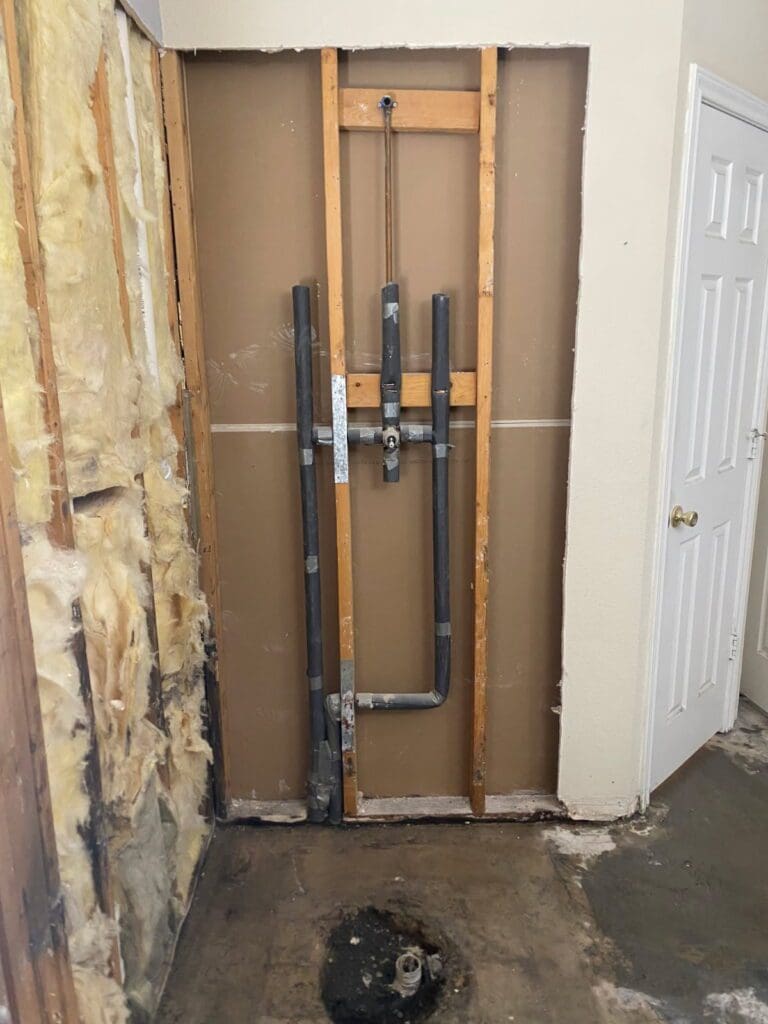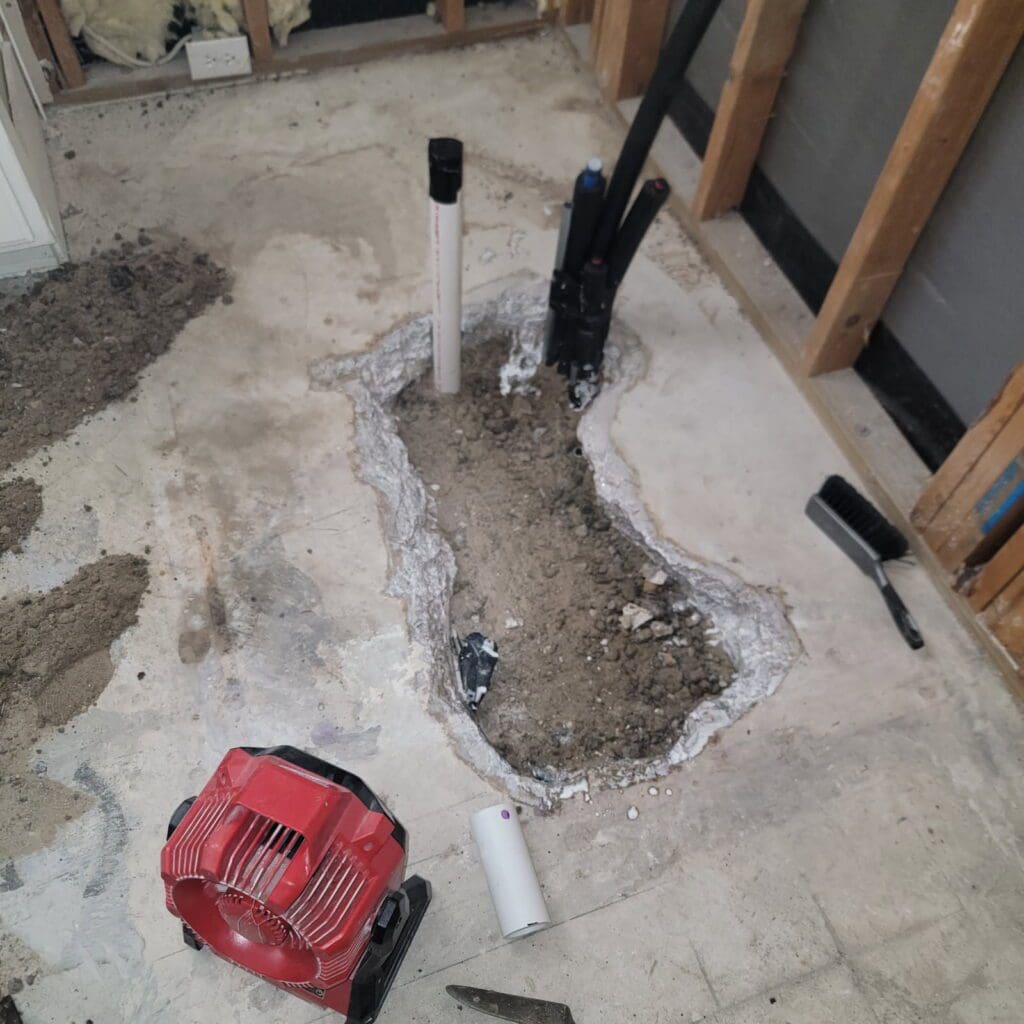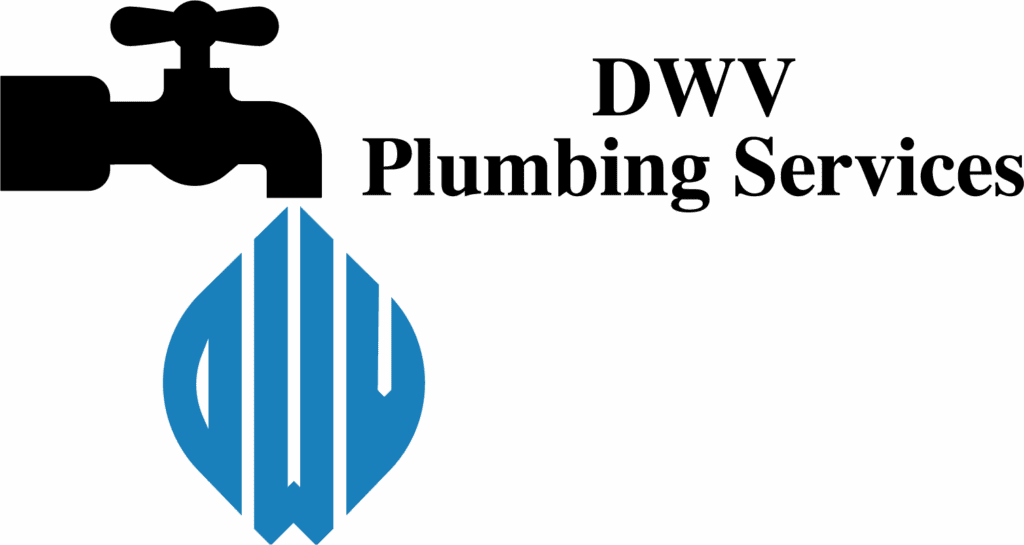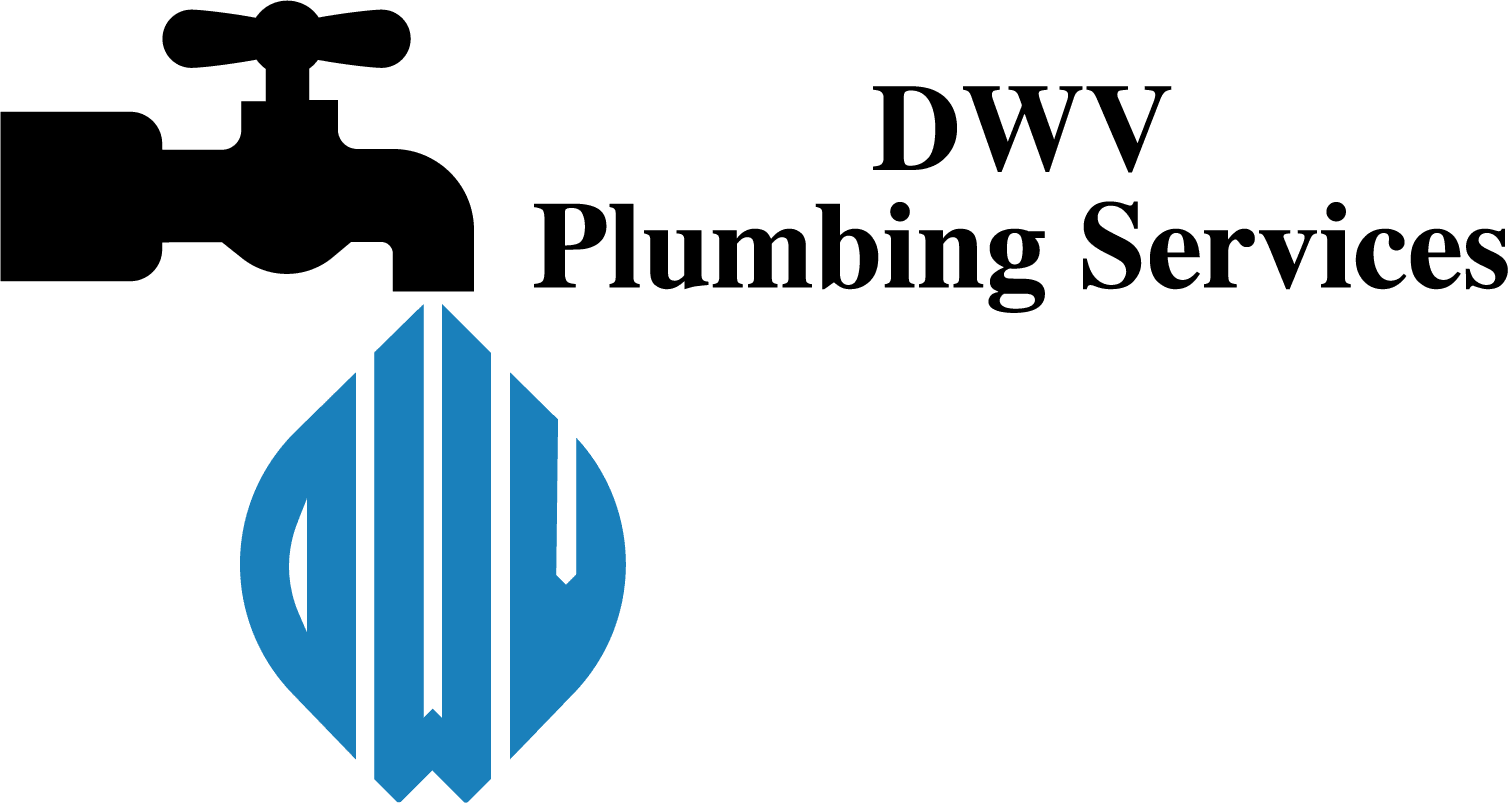House Slab Water Leak Repair
Common Signs of a Slab Leak
Common signs you have a leak can include warm spots on your floor. You could have cold spots, but not normally unless it’s winter. If your foundation has been compromised and it’s got some cracks in it, water will start coming up through the floor and your tile or other stuff will start getting wet.
Not sleeving the copper pipes in your system is the largest culprit when it comes to slab leaks. A long time ago, when they did the copper pipes underground, they didn’t sleeve them. When you don’t sleeve the pipes, a number of things can happen: A rock gets against the side of it, or it’s touching concrete, for example. Water going through that copper makes pipes vibrate a little bit which causes abrasion with the concrete or rock or anything touching it. This will quickly wear a hole in the copper.


Your Repair Options
We bring all the right tools to the job. We have a heat gun, a thermal gun, a thermal imaging gun, and geophones. Geophones have a stethoscope like a doctor. When you put them on the ground, you can actually hear where the leak is, even through concrete.
The one option is to jackhammer the concrete and go down and repair it. The only problem with that is the existing sewer line. If you get a slab leak on that copper line, most likely you’re going to have another slab leak on that same line at one point or another.
Our recommendation is, since we have to open up the wall anyway, we take the water line up into the attic and eliminate that one that’s underground. That way we’re not compromising your slab by jackhammering a hole in it every time you have a leak.
If other plumbers have told you that there is a slab water leak, your best bet is to get a second opinion. Slab leaks can be expensive and they affect the value of your most important asset – your home.

